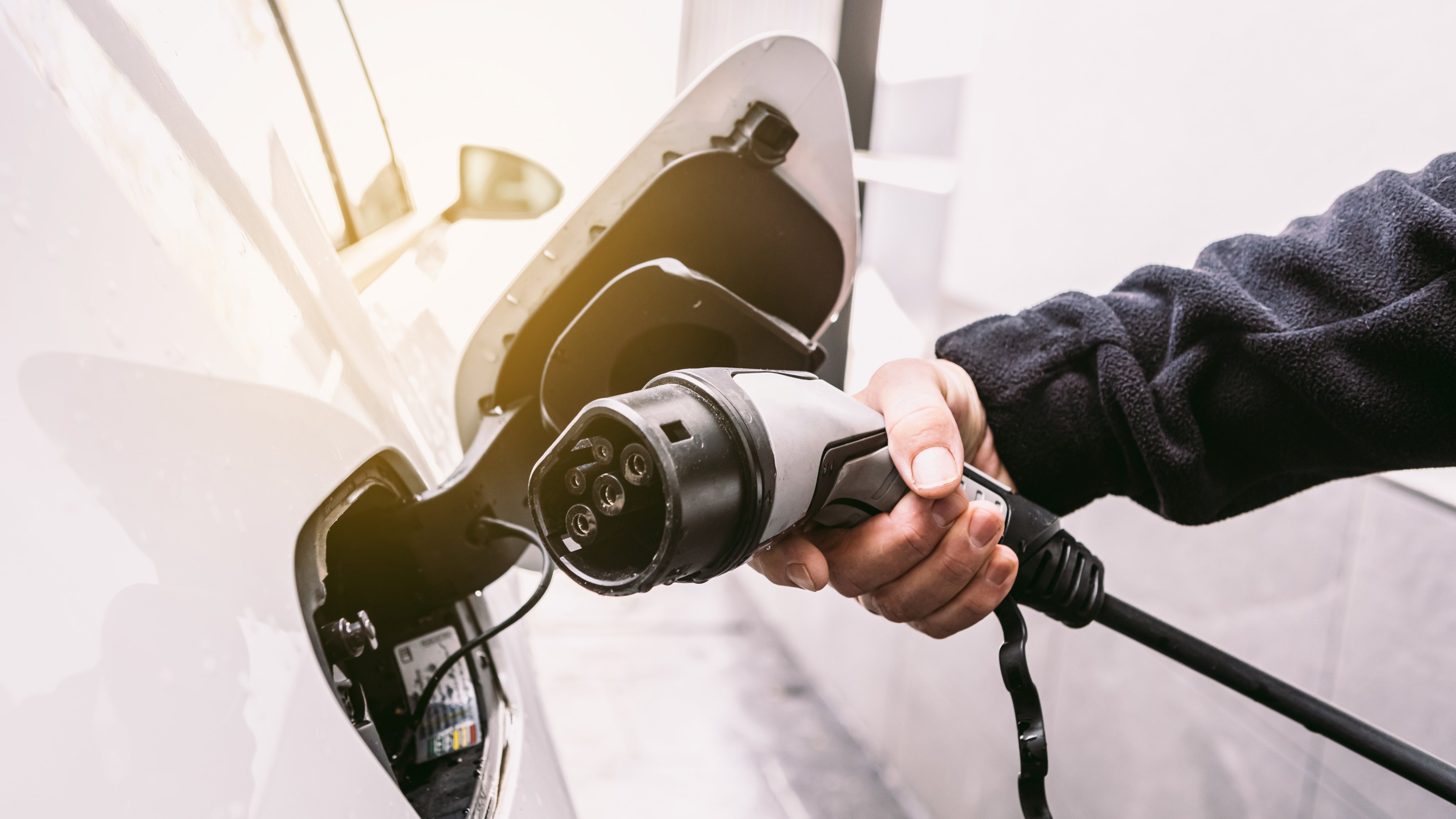The Council of the European Union (EU) and the European Parliament (EP) reached an agreement on Tuesday to increase the number of charging stations for electric vehicles, until 2030, and the supply of hydrogen.
The political deal – to be formally ratified by the European co-legislators — It will allow the creation of an infrastructure for alternative fuels for road transport, for the supply of electricity from the land network in sea and land ports and for the supply of electricity to parked aircraft.
The agreed legislation also provides that the operators “guarantee full price transparencyoffer a specific common payment method, such as a debit or credit card, and provide relevant data, such as location-related data, through electronic means, thus ensuring complete customer information,” according to a statement.
The public network of electric filling stations has to keep pace with the growth of the market for electric and hybrid vehicles, since for every battery electric car registered in a Member State, 1.3 kW of power must be supplied through a Infrastructure recharging station accessible to all. the public.
In addition, from 2025, on each 60 km section of the trans-European transport network (TEN-T) a fast charging station of at least 150 kW must be installed.
HGV charging stations, on the other hand, are to be installed every 60 km along the TEN-T core network and every 100 km on the world’s largest TEN-T network from 2025, with a full network coverage to be completed by 2030.
As for hydrogen, the supply infrastructure —which can serve both cars and trucks— must be installed from 2030 in all urban nodes and every 200 km along the TEN-T core network, ensuring a network density sufficient for transport vehicles hydrogen circulate in the EU.
Ports with more than 50 calls for large passenger ships, or 100 calls for container ships, must be able to supply electricity from the coastal grid to these ships by 2030.
As far as airports are concerned, provision should be made for electricity supply to aircraft stationed in all contact positions (ports) by 2025 and in all remote positions (outdoor positions) by 2030.
The legislation proposed by the European Commission and agreed on Tuesday is part of the European Green Deal, the EU’s long-term growth strategy to make Europe climate neutral by 2050.
To achieve this goal by 2030, Europe will have to reduce their emissions by at least 55% compared to 1990 levels.
Source: Observadora
